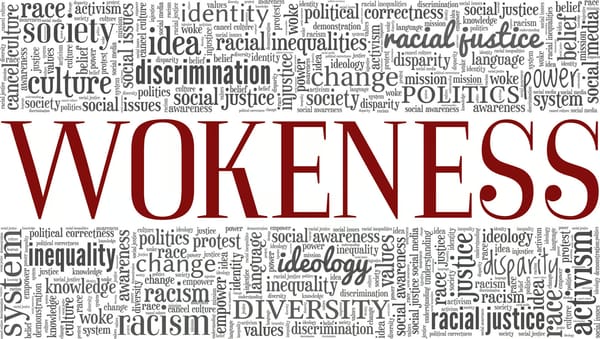Top 3 Reasons Minorities Voted Red

In the wake of recent elections, one question looms large: why did so many minority voters cast their ballots for Republican candidates? Once considered a reliably Democratic base, an increasing number of minorities are gravitating toward conservative platforms. The reasons are multifaceted and complex, influenced by cultural values, economic priorities, and shifts in social attitudes.
Let’s explore the top three reasons behind this trend.
Economic Concerns Take Center Stage
For many voters, the economy remains the most decisive factor at the ballot box. This is especially true for minority groups as they wrestle alongside other Americans with inflation, stagnant wages, and housing costs.
1. Rising Inflation and Cost of Living
In the past few years, inflation has strained family budgets, particularly in urban areas where many minorities reside. Essential goods, such as food and gas, have become increasingly expensive. For voters who feel the Democratic Party has not adequately addressed these challenges, the Republican message of lower taxes, reduced government spending, and free-market solutions resonates. Further, the Harris ticket failed to present a plan of any merit to address these issues.

Key Data: A Pew Research Center study showed that in 2022, inflation was a top concern for 70% of Americans, including a substantial percentage of Latino and Black voters.
Republicans often appeal to these voters by emphasizing job creation and entrepreneurial opportunities. Minority-owned small businesses, for instance, prefer policies that reduce red tape and corporate taxes. Many business owners perceive the GOP as the party of economic pragmatism. Conversely, capitalism seems to be an offensive term in liberal Democratic circles. They often focus on increasing taxes on large corporations as well as the wealthy, with limited mention of a tangible plan for Main Street small business owners.
The Job Market and Wages
Blue-collar jobs remain vital in many minority communities. The Republican focus on energy independence and domestic manufacturing has struck a chord, particularly in industries like construction and transportation. Some feel Democratic policies, such as environmental regulations, threaten their livelihoods, and rightfully so.
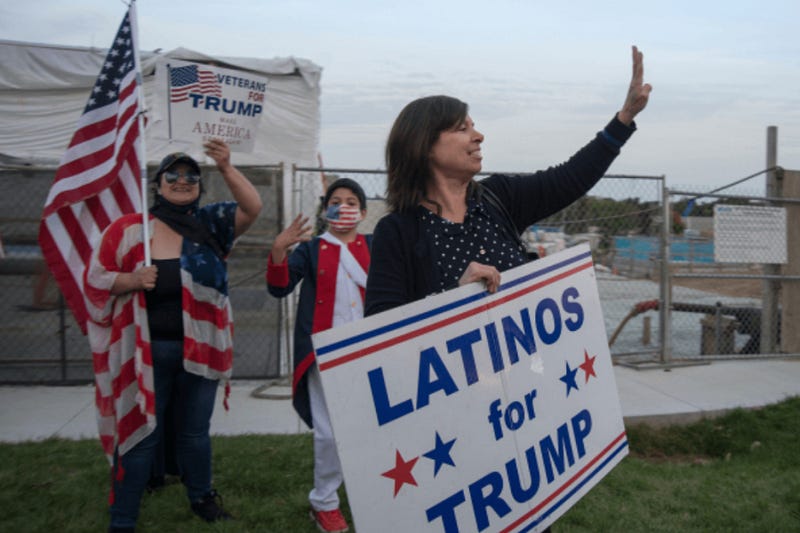
Why It Matters: Economic security often trumps other political considerations. When people struggle to make ends meet, they prioritize immediate financial relief over long-term social policies.
2. Evolving Views on Gender and Family Values
Gender issues and debates surrounding family dynamics have become increasingly influential in shaping voter preferences. Some minority voters feel alienated by progressive stances on topics like gender identity and parental rights in education.
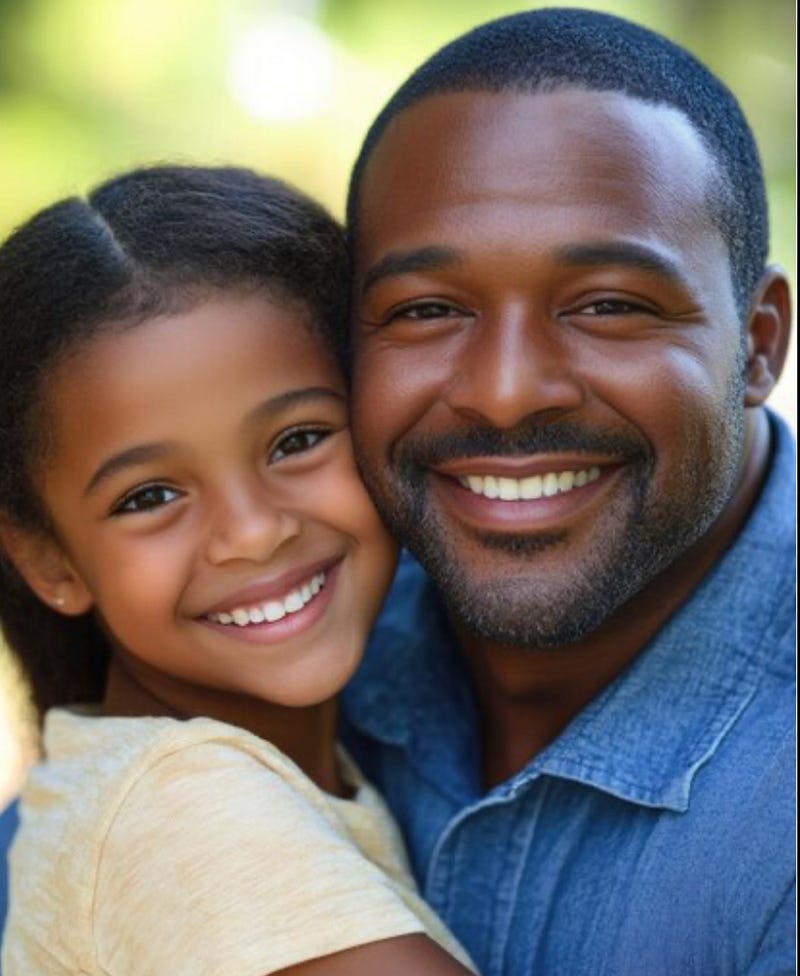
Parental Rights in Education
For many parents, the role of schools in shaping children’s understanding of gender and sexuality is a pivotal issue. Conservative campaigns highlighting parental rights and opposing certain curriculums have gained traction in Latino, Asian, and Black communities. These voters often view education as a gateway to upward mobility and believe schools should prioritize academics over ideology. And is it not the undeniable right of parents to know what ideologies schools are force feeding their kids? I’d go so far to say classrooms should have live audio and visual feeds parents can tune into unannounced. Is that too much to ask?
Cultural Note: In some cultures, traditional family structures hold deep significance. Any perceived threat to these values can provoke a strong political response.
Gender Identity and Sports
The discussion around transgender athletes participating in women’s sports has also swayed opinions. Polls indicate that a significant percentage of Americans, including minorities, are concerned about fairness in competition. The GOP’s firm stance on preserving gender-specific sports categories appeals to voters who see this as a common-sense issue.
By and large minorities can’t make sense of why liberals fight so passionately to allow biological boys/men to compete in women’s sports. Not to mention granting the access to women’s locker rooms and bathrooms. It’s basic biology. Further, what’s with the sex treatments and medical procedures liberals would like to make available to minors – I know it’s a small sample size but isn’t one, one too many? Regardless of our scientific advances, men will never be women and vice versa. We minorities (for the most part) seriously don’t get it. I’m not judging, but it doesn’t make sense.
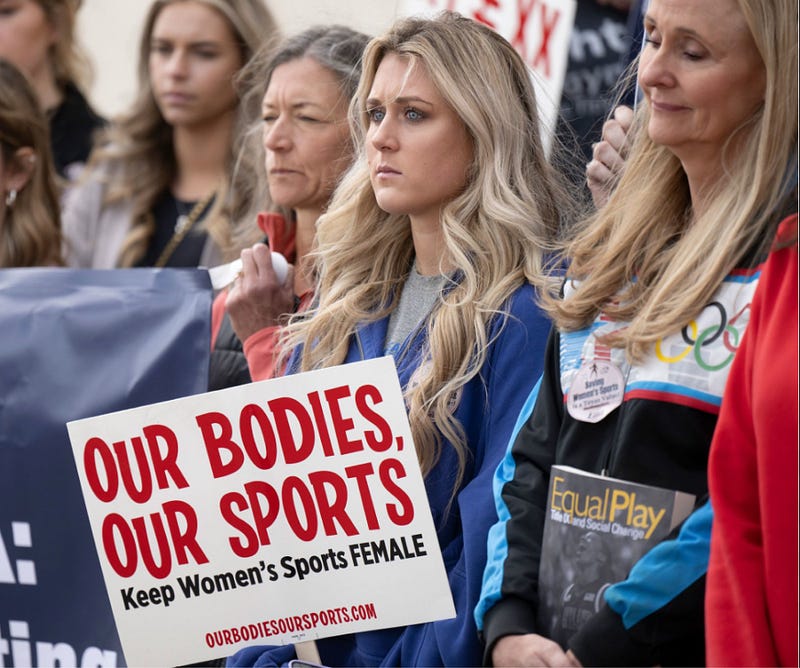
3. The Appeal of Cultural Conservatism
Cultural conservatism – centered on faith, tradition, and law and order – has always been a cornerstone of the Republican platform. For many minority groups, these values align closely with their own cultural beliefs.
Faith-Based Voters
Religious minorities, including Black churchgoers and Latino Catholics, often align with socially conservative values. Issues like abortion and same-sex marriage remain divisive, and some voters feel the Democratic Party has drifted too far from their moral frameworks. The Democratic party doesn’t seem to understand religion is a hill most minorities will happily die on. The same way they don’t force their religion on others, they don’t take kindly to liberals forcing strange gender ideologies counter to their beliefs on themselves, communities and families. Don’t believe me, check the voting issues data.

Example: In Texas, a state with a large Latino population, pro-life messaging has proven effective among Catholic voters.
Law and Order
Public safety is another critical issue. In communities affected by crime, many residents prioritize policies that emphasize stricter policing and harsher penalties. They often perceive the Democratic stance on police reform as ineffective or even harmful. No one wants to reside in a crime riddled community. I can attest that the liberals who backed defunding the police reside in heavily policed, safe neighborhoods.
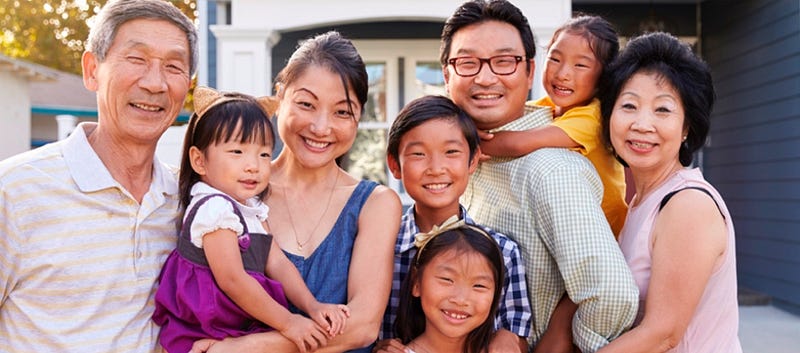
Stat: A Gallup poll found that nearly 60% of Black and Latino respondents preferred increased police presence in their neighborhoods to improve safety.
For these voters, the Republican approach to public safety feels like a return to stability.
Bridging the Gap: What Both Parties Can Learn
The growing shift of minority voters toward Republican candidates doesn’t mean the GOP has “won” these demographics outright. Instead, it highlights nuanced concerns that both parties should address.
- Democrats need to reconnect with working-class minorities by prioritizing economic solutions and addressing cultural concerns without alienating traditional voters.
- Republicans have an opportunity to broaden their base by crafting inclusive policies that respect cultural identities while maintaining their platform.
Conclusion
The increasing support for Republican candidates among minority groups is reshaping America’s political landscape. Driven by economic priorities, concerns over gender issues, and alignment with cultural conservatism, these voters are challenging old assumptions about partisan loyalty.
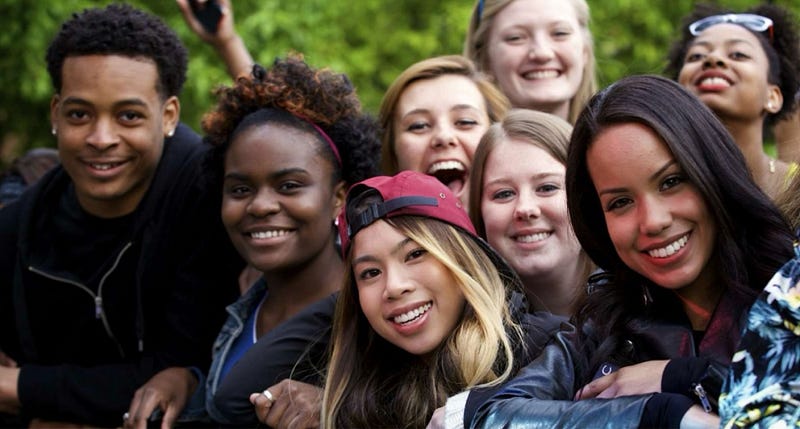
Understanding these shifts is essential for anyone invested in the future of American democracy. Whether you agree or disagree with the reasons, it’s clear that the political narrative is evolving – and every voice deserves to be heard.
Oh, one last thing. Another huge miscalculation the Democrats made is thinking black men march to Obama’s orders. That strategy was laughable at best, to say the least.
What do you think about this trend? Share your thoughts and join the conversation below.


